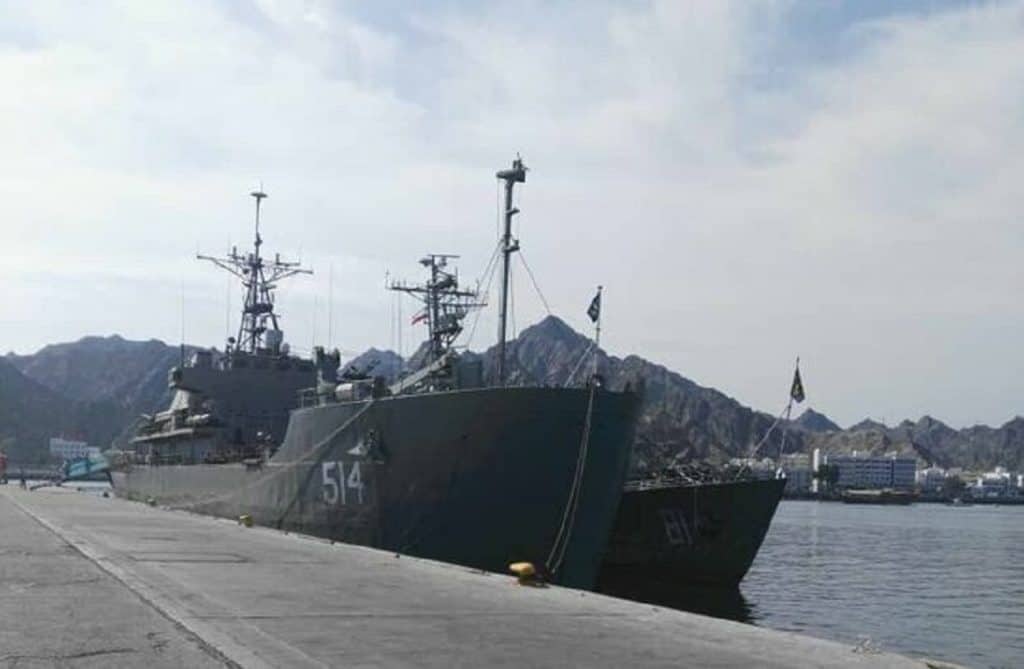By Denis Korkodinov
The international community is pressuring for a new nuclear agreement on Iran. However, Tehran does not intend to abandon its nuclear program, which was resumed after the United States withdrew from the 2015 JCPOA deal.
The situation is such that, as a result of the pressure, the Islamic Republic intends to distance itself from any negotiation process that would call into question the ability of the state to have weapons of mass destruction. At the same time, not a single regional player is interested in creating conditions for the escalation of the conflict due to Iran’s nuclear ambitions.
Great Britain, France, Germany, Russia and China were not able to guarantee the Ayatollah regime economic and military-political assistance. This forced Iran to rely solely on its own capabilities to overcome the protracted internal crisis and put on the agenda the issue of the country’s withdrawal from the 1968 Non-Proliferation Treaty.
Iran’s uranium enrichment initiative has sparked an international outcry, with some European leaders publicly criticizing Tehran’s actions as a “regrettable trend” that poses a threat to global security. Such criticism, however, is used by the Iranian leadership, trying to indicate that the United States is to blame for the creation of this “unfortunate trend”. Therefore, if foreign investors intend to protect their interests in Iran, they will first of all have to influence the administration of the White House in order to lift anti-Iranian sanctions.
Even with the series of statements by Donald Trump that Iran is a threat, the United States is not ready to attack it. Also, after the attacks on Saudi oil facilities, the Ayatollah regime appeared to reach a triumph, since its actions did not meet with absolutely any harsh reaction. Moreover, rumors in Washington about the possible impeachment of the American president created a very favorable position for Iran in the international arena.
In particular, Tehran is rapidly trying to form a public opinion that it emerged victorious from the conflict with the United States. For this reason, it is Iran that must set the conditions for the international community, and not vice versa. At the same time, the new nuclear agreement, as well as the old one, is not included in the sphere of interests of the Iranian leadership.
However, the Ayatollah regime is not set to clash with the US for a long time. At least in Tehran, there is hope that the situation may change after the election of the new American president, and therefore Iran will have a chance to dictate its conditions more decisively.
Now neither Washington nor Tehran are disposed to escalate the conflict, in connection with which they are trying to maintain the status quo, so as not to cause serious political damage to each other, which will have global consequences. Even the protest movement in Iran at the moment does not imply a change in the ayatollah regime, since for Donald Trump this is a big risk associated with the likely Iranian reaction in response to American participation in an attempted coup.
(The opinions expressed in this article are solely those of the author and do not necessarily reflect the views of World Geostrategic Insights)







